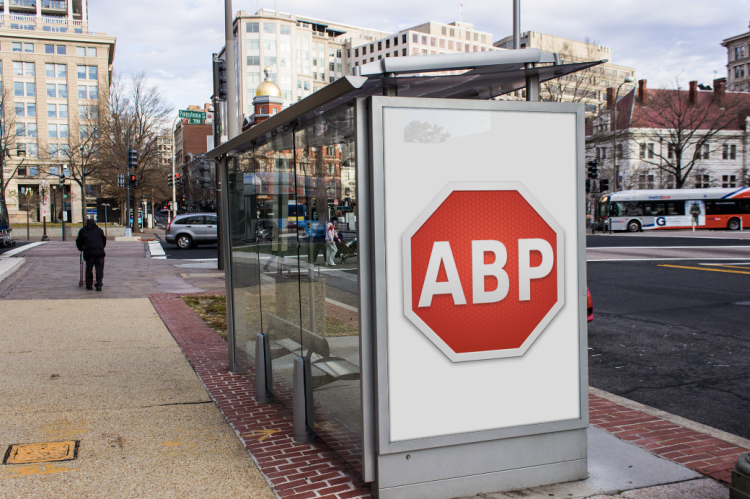Show of hands — who uses Adblock Plus or uBlock? Don’t lie.
Online advertising is huge. It hit $141.2 billion worldwide in 2014. This is great news for online content creators, and it should be great news for content consumers. As your favorite websites make more money, they can continue to produce more of the articles and videos that you love. Now for the bad news: According to a 2014 study conducted by PageFair, “27.6 percent of U.S. Internet users surveyed said they use ad-blocking software.” This is a problem for content creators.
Is it ethical to block ads on your favorite website? Display advertising, like banner ads, is the only revenue stream for many content creators. By blocking their ads, you are cutting off this revenue stream.
Some cases justify ad blockers beyond a desire to mute marketers. Online privacy continues to grow as a mainstream concern, and not all ad platforms have the best interest of people in mind because online ads are more valuable when they can target specific consumer segments. Privacy and targeting are oil and water, and Infosec Taylor Swift (not to be confused with the musician) put it perfectly:
I wish advertisers didn't make me choose between the security of my endpoints and content creators being paid. @andrewjlockley @VarSlashWww
— SwiftOnSecurity (top 0.001% creator) (@SwiftOnSecurity) April 1, 2015
In a particularly evil move, some ad blockers have started charging ad networks ransom. Ad blockers work by whitelisting some sites and blacklisting others. One of the most high-profile examples of pay-for-whitelisting is a deal struck back in February between Adblock Plus and Google, Microsoft, Amazon, and Taboola. The price: “Thirty percent of the additional revenues it would make from being unblocked.”
We’ve seen a few attempts to circumvent ad blocking altogether by denying content to users running ad blocker extensions. Hardly any high-profile sites implement this tactic, but Ars Technica did experiment with it back in 2010. The result? “There was a healthy mob of people criticizing us for daring to take any kind of action against those who would deny us revenue even though they knew they were doing so,” the site said.
Ars Technica’s experiment shows that even with the knowledge that ad blockers hurt the sites we love, users will still adamantly keep them. Beyond paying the whitelist ransom, options are limited for making money.
Online publications have experimented with a few different solutions to this problem. A subscription model has proven successful within the niche of trade publications. Even The Information, one of the most talked-about subscription publications in the past few years, still maintains the feel of a trade publication for the tech industry. The advertorial model has also become popular over the last couple of years. While this model has become the darling of Vice Media, The New York Times, and countless other publications, it has received plenty of criticism (including this scathing segment from Last Week Tonight). Perhaps the most outside-the-box approach is the strange model used by The Wirecutter, which monetizes based on e-commerce referrals. All three of these alternative monetization approaches seem to work within respective niches, but they have yet to see universal adoption.
Creating great content and finding an innovative way to monetize content are two different disciplines. Because of this, we’re stuck with display advertising until an equally universal approach presents itself. For the time being, ad blockers are dangerous.
https://twitter.com/LordRavenscraft/status/562320452178440193
Back to the question of ethics
There have been countless analogies used to illustrate the effects of blocking ads. Ars Technica equated it to eating at a restaurant and not paying. Perhaps a more accurate analogy is working at a coffee shop and using their Wi-Fi but not buying anything.
You’re not stealing something that they could otherwise sell, but you’re taking up bandwidth. Just remember, someone has to pay for that bandwidth.
VentureBeat's mission is to be a digital town square for technical decision-makers to gain knowledge about transformative enterprise technology and transact. Learn More

